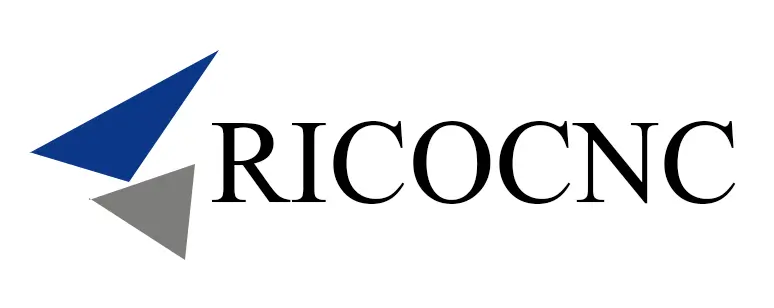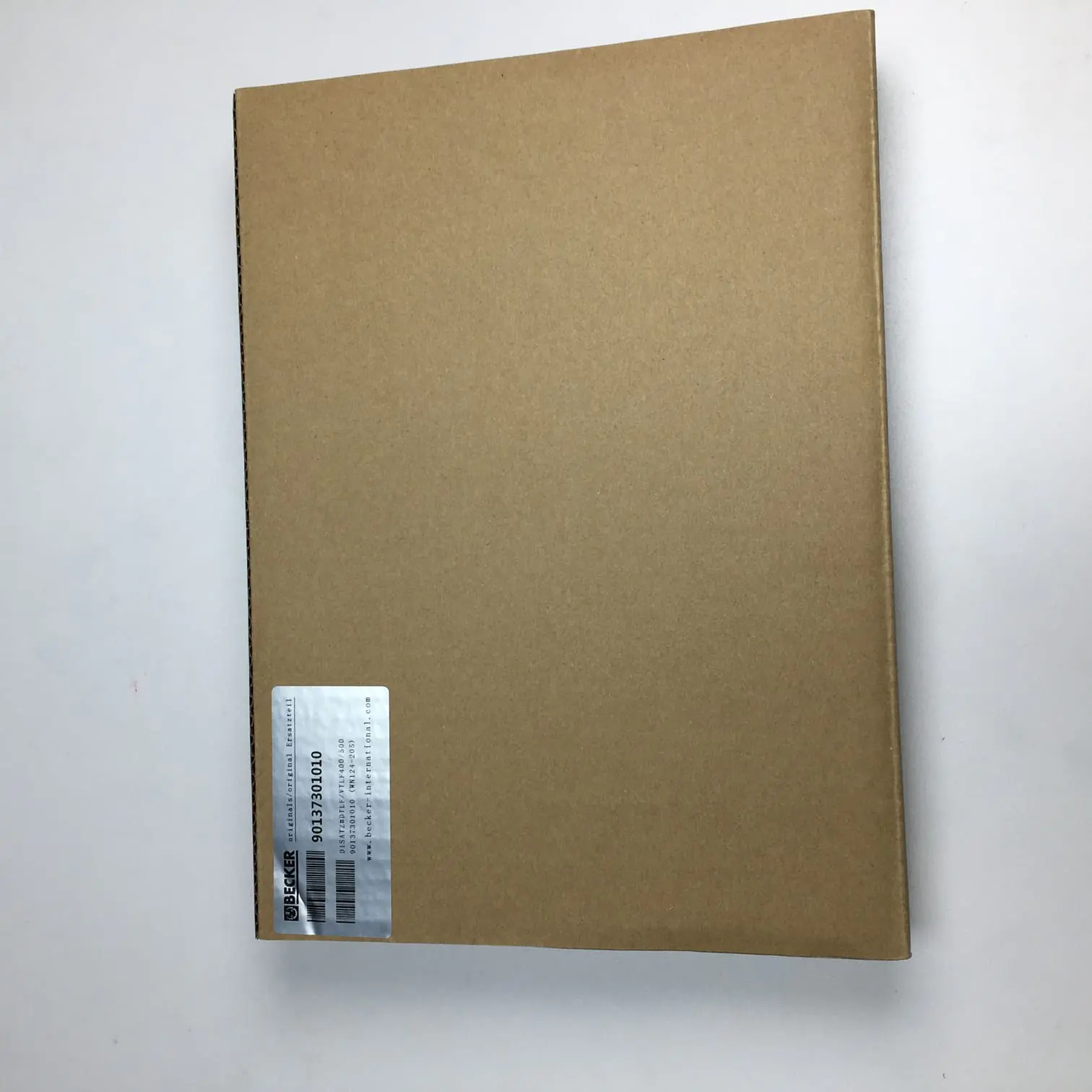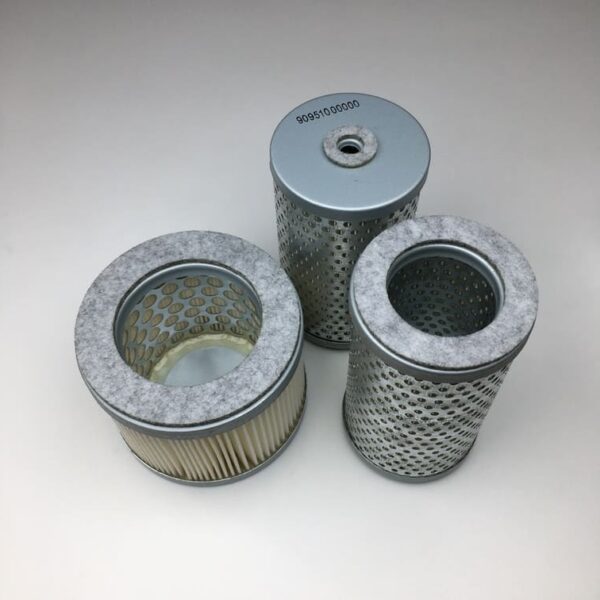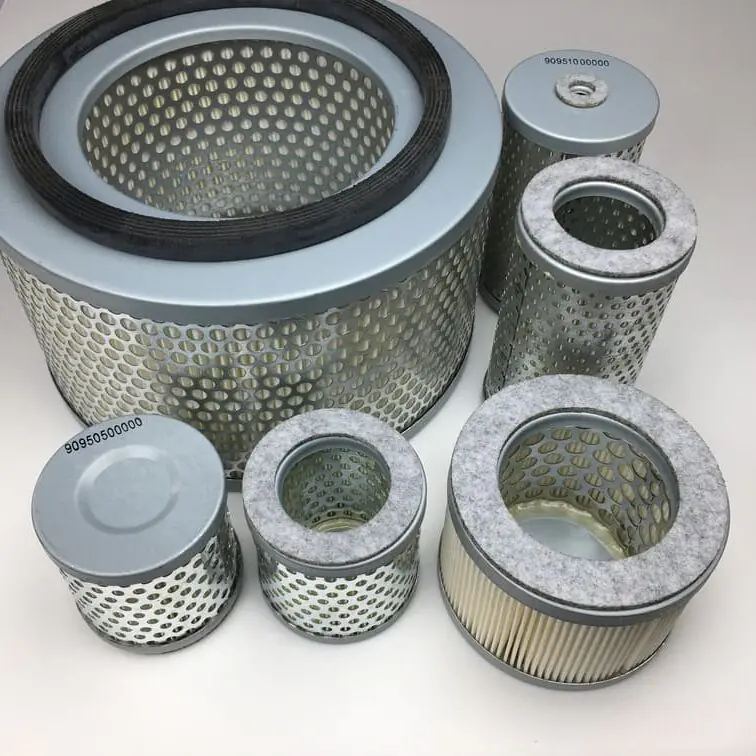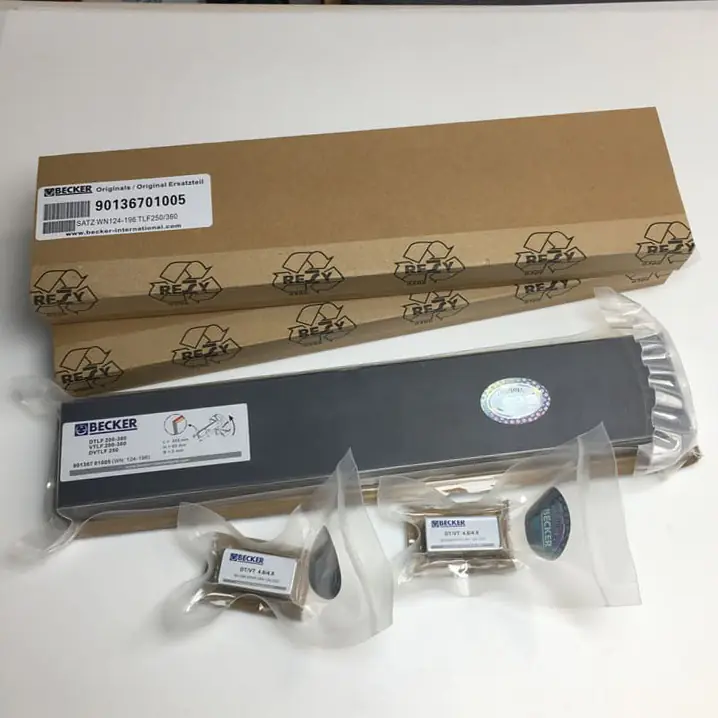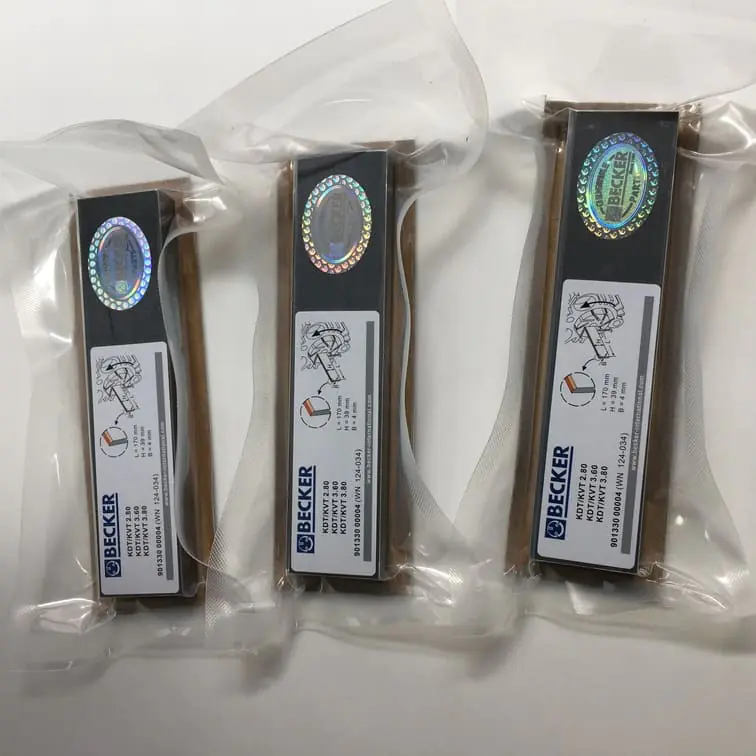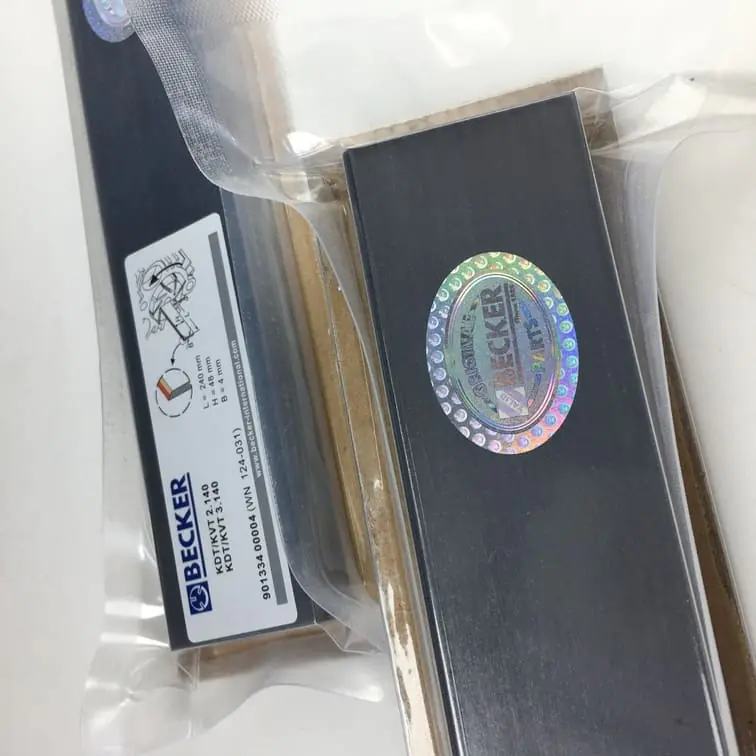What Does an HVAC Vacuum Pump Do?
An HVAC vacuum pump is a critical tool in the installation and maintenance of air conditioning and refrigeration systems. This component helps ensure that the air conditioning system operates effectively by removing air, moisture, and contaminants that can negatively affect performance. In this article, we will explore the function of an HVAC vacuum pump, how it works, and why it is an indispensable part of maintaining a well-functioning HVAC system.
Understanding the HVAC Vacuum Pump: An Overview
A vacuum pump is used in the HVAC (Heating, Ventilation, and Air Conditioning) industry to eliminate unwanted air, moisture, and other non-condensable gases from an AC or refrigeration system. These contaminants can lead to inefficiencies or even damage to the air conditioning system.
Key Components of an HVAC System
To understand the role of a vacuum pump, it helps to know the basic components of an HVAC system:
- Compressor: Circulates the refrigerant in the system.
- Condenser Coil: Expels heat from the refrigerant.
- Evaporator Coil: Absorbs heat from the indoor air.
- Refrigerant: The substance used for cooling, which cycles through the system.
- Vacuum Pump: Removes contaminants such as moisture and air from the HVAC system during servicing.
“Using an HVAC vacuum pump effectively removes contaminants that can impair the functionality and efficiency of an air conditioning system.” – HVAC Expert
Why Use a Vacuum Pump in an HVAC System?
An HVAC vacuum pump serves a crucial function during the servicing of an air conditioning unit. It ensures the removal of air and moisture before recharging the system with refrigerant. Let’s look into the reasons why this is essential.
1. Removing Moisture
One of the most significant functions of a vacuum pump is to remove moisture from the air conditioning system. Moisture inside an AC system can lead to several problems:
- Corrosion: Water, when mixed with refrigerant, can form acids that corrode system components.
- Ice Formation: Moisture can freeze at low temperatures, blocking refrigerant flow and reducing efficiency.
- Reduced Efficiency: Excess moisture also makes the refrigeration process less effective, meaning more energy is required to cool a space.
2. Air Contamination
Another crucial role of a vacuum pump is to remove air from the HVAC system. Any trapped air in the system will lead to inefficiencies, as it impedes proper refrigerant circulation.
- Pressure Issues: Air in the system will cause elevated pressure, leading to higher energy consumption.
- Compressor Overworking: When air is present, the compressor must work harder, increasing wear and tear.
How Does an HVAC Vacuum Pump Work?
The HVAC vacuum pump creates a vacuum within the system by removing air, moisture, and other non-condensable gases. The process is quite simple but effective. Below are the primary steps:
1. Connecting the Pump to the System
- Use HVAC manifold gauges and hoses to connect the pump to the AC system’s service ports.
- Ensure that the connections are secure to avoid leaks.
2. Evacuating the System
- Start the vacuum pump, which will begin creating negative pressure within the system.
- This negative pressure pulls out air and moisture, ensuring the system is clean and ready for refrigerant charging.
- The target is to achieve 500 microns or less of pressure, as measured with a micron gauge.
Pro Tip: If the micron gauge reading fluctuates significantly, there could still be moisture present or a leak in the system that needs addressing.
3. Holding the Vacuum
- Once the vacuum reaches 500 microns or lower, you should let it hold for 10-15 minutes.
- If the pressure rises, this indicates there may be a leak or moisture is still present.
Table: Basic Steps in Using an HVAC Vacuum Pump
| Step | Description |
|---|---|
| Connect Gauges | Connect manifold gauges and hoses to AC system ports. |
| Run Vacuum Pump | Turn on the vacuum pump to evacuate air and moisture. |
| Monitor Pressure | Use a micron gauge to ensure the vacuum reaches 500 microns or less. |
| Hold Vacuum | Check for pressure stability to confirm system readiness. |
The Role of Oil in HVAC Vacuum Pumps
Vacuum pump oil plays a vital role in the effectiveness of the vacuuming process. The oil in a vacuum pump helps create an airtight seal and allows for efficient evacuation of contaminants.
1. Importance of Clean Oil
Dirty oil can impair the pump’s ability to achieve a proper vacuum:
- Decreased Efficiency: Contaminated oil can make it difficult for the pump to maintain the necessary vacuum level.
- Shorter Pump Life: Using contaminated oil increases wear on the internal components, reducing the overall life of the pump.
2. When to Change the Oil
- After each use, check the oil’s condition. If it appears cloudy or milky, it has likely absorbed moisture and should be replaced.
- Using clean oil not only prolongs the pump’s life but also ensures effective removal of contaminants from the HVAC system.
Note: Always follow the manufacturer’s guidelines for oil replacement to keep your vacuum pump functioning optimally.
Common HVAC System Issues Due to Lack of Vacuuming
If an AC system is not adequately vacuumed before refrigerant is added, a range of problems may arise. Here are some common issues that can occur:
1. Poor Cooling Performance
Without proper vacuuming, moisture and air left in the system can reduce the cooling performance. This results in:
- Inconsistent Temperatures: Uneven cooling across the space.
- Increased Power Usage: The system consumes more energy to achieve desired temperatures.
2. System Corrosion
Moisture in an HVAC system can mix with the refrigerant to form hydrochloric acid, which will corrode essential system components over time.
- Impact on Longevity: Corrosion reduces the lifespan of expensive parts like the compressor and evaporator coils.
Table: Common Issues Due to Improper HVAC System Vacuuming
| Issue | Consequence |
|---|---|
| Poor Cooling | Inconsistent temperatures, increased energy use. |
| Corrosion | Reduced lifespan of components due to acid formation. |
| Compressor Wear | Overworking due to air presence, leading to damage. |
Advantages of Using an HVAC Vacuum Pump
1. Improved Efficiency
An HVAC vacuum pump helps maintain optimal efficiency by ensuring that the refrigerant is the only substance in the system. No air, no moisture—just efficient cooling.
- Lower Power Bills: Removing air reduces the energy consumption of the system.
- Better Performance: A vacuumed system provides consistent and effective cooling.
2. Increased Component Longevity
By removing contaminants, an HVAC vacuum pump contributes to the longevity of critical components like the compressor, evaporator, and condenser. This results in:
- Fewer Repairs: Less wear means fewer costly repairs.
- Extended Lifespan: Components last longer, reducing replacement frequency.
Internal Links for Related HVAC Components and Tools
If you’re looking for essential vacuum parts and tools for your HVAC maintenance, consider the following options available at vacuumpumppart.com:
Frequently Asked Questions
1. What happens if you don’t use a vacuum pump on an HVAC system?
If you skip vacuuming, moisture and air remain in the system, leading to corrosion, poor cooling, and increased energy consumption.
2. How long should you vacuum an HVAC system?
A typical HVAC system should be vacuumed for at least 30-45 minutes to achieve 500 microns or less of pressure.
3. How do I know if my HVAC vacuum pump is working correctly?
Use a micron gauge to measure the pressure. If it reaches and maintains 500 microns or lower, the pump is working correctly.
4. Can I use any oil for my vacuum pump?
No, always use vacuum pump oil specifically designed for HVAC pumps. Using other oils can cause inefficiencies or damage to the pump.
5. Why does the vacuum pump’s oil turn cloudy?
Cloudy oil usually indicates moisture contamination. Replace it to maintain the pump’s effectiveness.
Conclusion
An HVAC vacuum pump is a critical tool for maintaining an efficient and effective air conditioning system. It ensures that contaminants like air and moisture are removed, which would otherwise impair the system’s performance. Proper usage of the vacuum pump—including regularly changing the oil, ensuring a solid vacuum, and verifying through micron gauges—is essential for any HVAC technician. These steps not only enhance performance but also protect the longevity of expensive system components.
For high-quality replacement parts and tools for your vacuum systems, be sure to visit vacuumpumppart.com. Proper maintenance is the key to extending the lifespan and efficiency of your HVAC systems.
